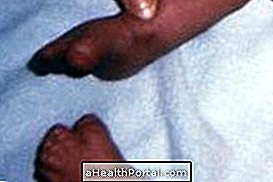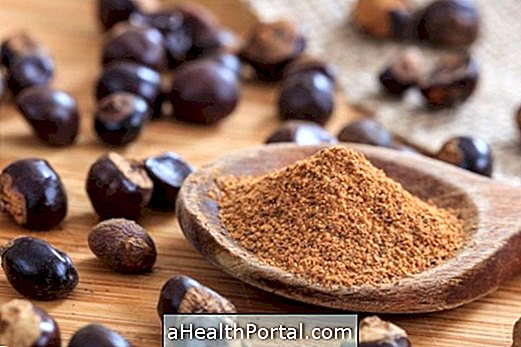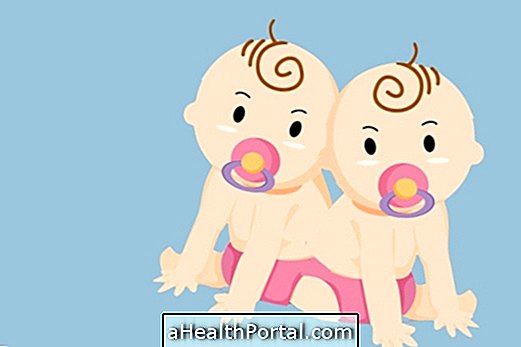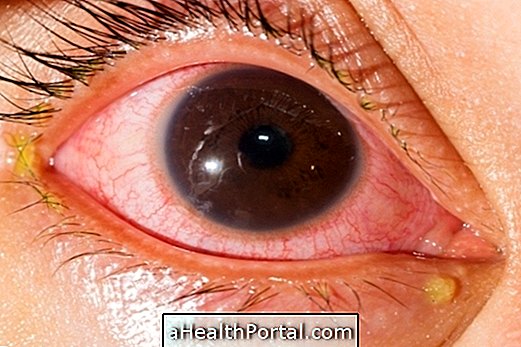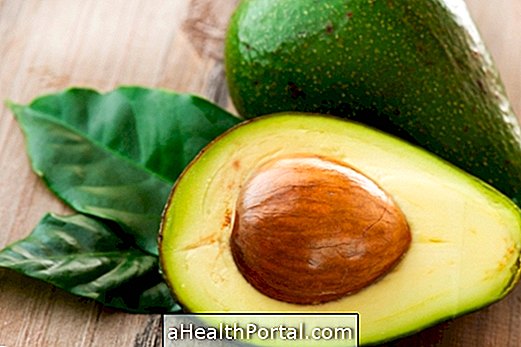The treatment for cystic fibrosis is usually done with the ingestion of medications prescribed by the physician, respiratory physiotherapy and nutritional monitoring, to control the disease and improve the quality of life of the individual.
In addition, surgery can also be used to treat cystic fibrosis, in cases where there is obstruction of a canal or when respiratory complications occur, and it may be necessary for the patient to perform a lung transplant.
Patients with cystic fibrosis produce thick, sticky secretions that affect the lungs and digestive system, including the pancreas, so treatment is used to prevent and control lung infections, help remove secretions and mucus, and provide adequate nutrition.
Although there is no cure for cystic fibrosis, the treatment can relieve symptoms and control the disease, reducing complications, especially respiratory, such as pneumonia or bronchitis, for example.
1. Remedies

Cystic fibrosis remedies are used to prevent infections, to allow the person to breathe more easily and to avoid the onset of other symptoms. Thus, the medicines normally indicated by the doctor are:
- Pancreatic enzymes, which must be administered orally, and which aims to facilitate the digestion process and absorption of nutrients;
- Antibiotics to treat and prevent lung infections;
- Bronchodilators, which help keep the airways open and relax the muscles of the bronchi;
- Mucolytics to help release mucus;
In cases where the respiratory system worsens and the patient has complications such as bronchitis or pneumonia, for example, he may need oxygen through a mask. It is important that the treatment indicated by the doctor is followed according to the prescription so that the quality of life of the person improves.
2. Diet

Nutritional monitoring in cystic fibrosis is essential, as it is common for these patients to have difficulty gaining weight and growth, nutritional deficiencies, and sometimes malnutrition. Thus, it is important the orientation of the nutritionist so that the complementation of the diet and strengthening of the immune system is done, fighting infections. Thus, the diet of the person with cystic fibrosis should:
- Be rich in calories, because the patient is not able to digest all the food they eat;
- Being rich in fat and protein because patients like they do not have all the digestive enzymes, they lose these nutrients in the feces;
- Be supplemented with supplements of vitamins A, D, E and K, so the patient has all the nutrients he needs.
The diet should begin as soon as cystic fibrosis is diagnosed and is adapted as the disease progresses. Learn more about feeding for cystic fibrosis.
3. Physiotherapy

Physiotherapeutic treatment aims to help release secretions, improve gas exchange in the lungs, cleanse the airways and improve exhalation through breathing exercises and appliances. In addition, physical therapy also helps mobilize the joints and muscles of the chest, back and shoulders through stretching exercises.
The physiotherapist should be careful to adjust the techniques according to the needs of the person to achieve better results. It is important that physical therapy be done from the time the illness was diagnosed, and can be done at home or in the office.
4. Surgery
When drug treatment is not enough to alleviate symptoms and prevent disease progression, the physician may be advised of the need for lung transplantation. In addition, surgery can be indicated when the mucus blocks some channel, interfering in the functioning of the organism. Understand how lung transplantation is done and when it is needed.
Possible Complications of Cystic Fibrosis
Complications of cystic fibrosis mainly interfere with the respiratory, digestive and reproductive systems. Thus, there may be the development of bronchitis, sinusitis, pneumonia, nasal polyps, pneumothorax, respiratory failure, diabetes, gallbladder obstruction, liver and digestive problems, osteoporosis and infertility, especially in men. Learn how to identify cystic fibrosis.
